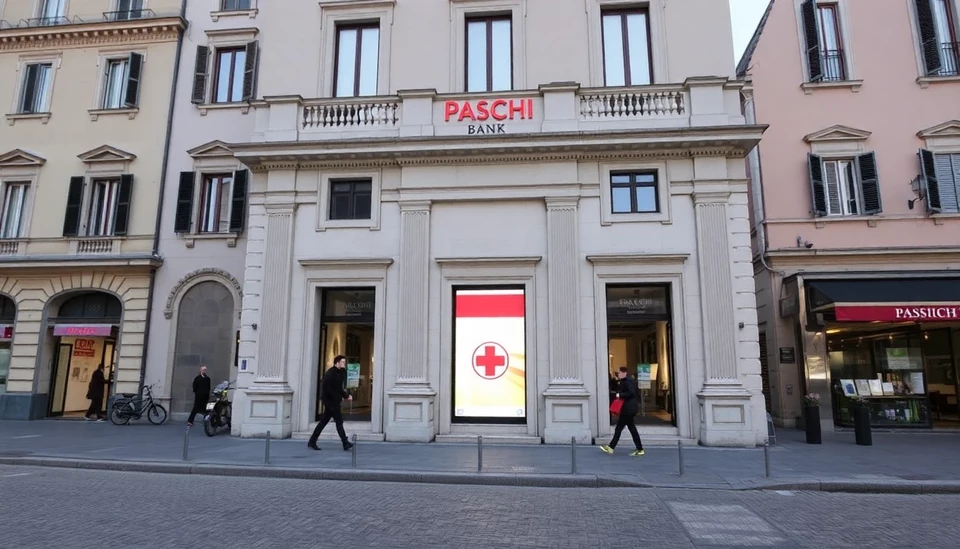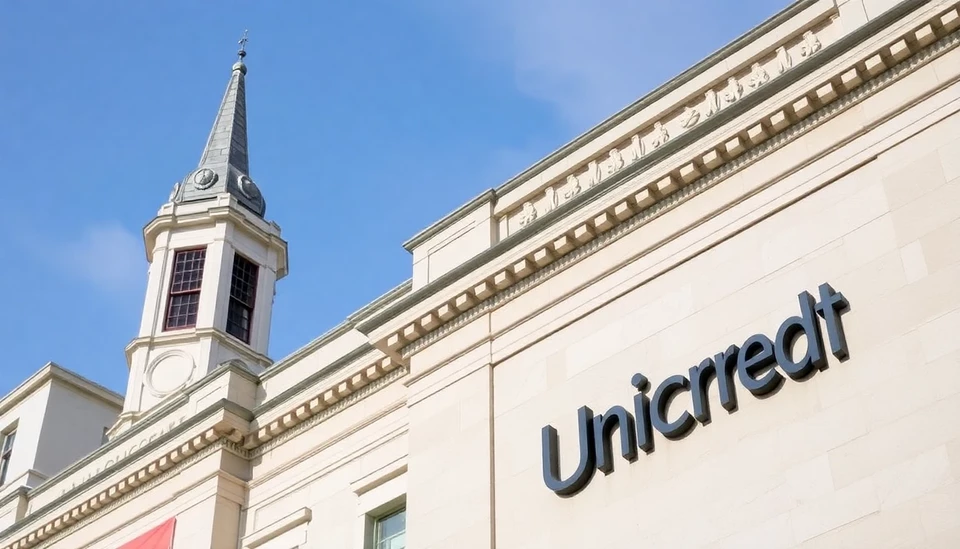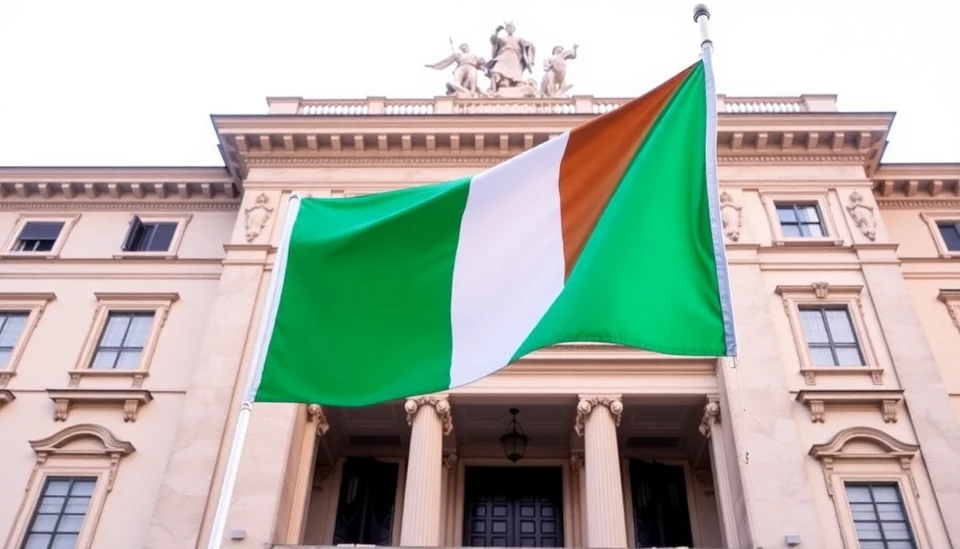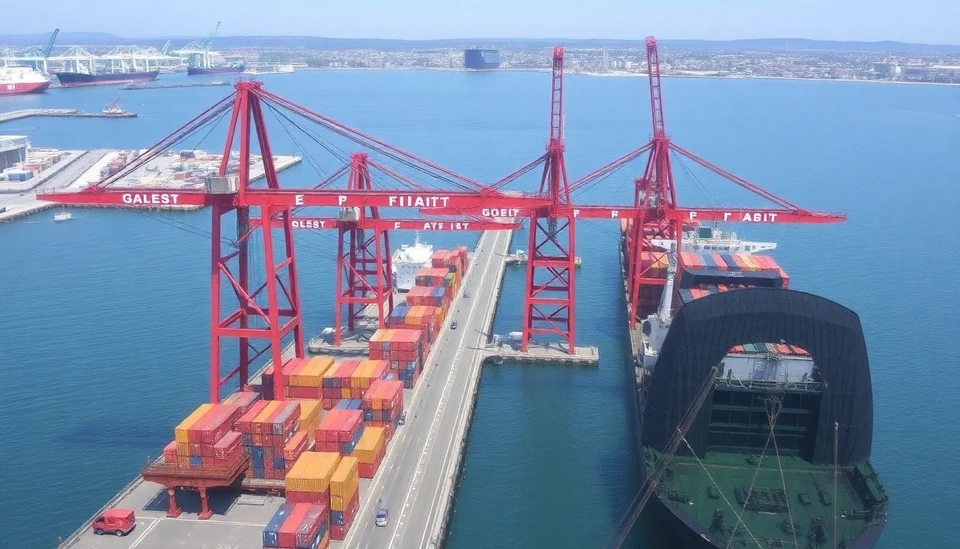
In a significant move that signals Italy's ongoing efforts to divest from its banking sector, the government has successfully sold a new stake in the troubled lender, Banca Monte dei Paschi di Siena (MPS). This sale, amounting to approximately 850 million euros ($949 million), is part of a broader strategy aimed at reducing the state's involvement in the banking industry, a legacy from the financial crisis over a decade ago.
The sale was executed through the Italian Treasury, which sold a 7.4% share of the lender’s total equities. This transaction marks the government’s latest attempt to decrease its ownership of MPS, which has been under state control since 2017, following a staggering 8 billion euro bailout that was necessary to stabilize the bank and support its ongoing reforms.
MPS has a historical reputation as one of the world's oldest banks, but it has faced myriad challenges, including significant non-performing loans and an ongoing struggle to return to profitability. The European Commission, in its recent assessments, has placed strict requirements on MPS, mandating a return to private control as part of the bank's ongoing restructuring efforts.
As the government moves forward with its divestment strategy, investors and analysts are watching closely to see how this will impact MPS’s financial health and stock performance. The bank’s shares have seen volatility in light of the restructuring, with today’s announcement generating renewed interest among potential investors looking to capitalize on any potential upside from the bank’s recovery.
Italy's Finance Minister Giancarlo Giorgetti stated that the government remains committed to ensuring the bank's stability while progressively reducing its ownership. This strategy is not only aimed at alleviating the financial burden on the state but also at instilling confidence in the Italian banking sector, which has faced scrutiny both domestically and internationally.
The recent divestment follows a previous sale of a 3.6% stake in MPS earlier this year, indicating a clear trajectory towards complete privatization. Nonetheless, the path ahead remains challenging, with regulatory hurdles and market conditions continually influencing the progress of this ambitious plan.
As Italy moves closer to fulfilling its goal of exiting from direct stakes in failing banks, the outcome of MPS's recovery will be pivotal in shaping investor sentiment and defining the future of the banking landscape in Italy.
In conclusion, while the sale of an additional stake in Banca Monte dei Paschi di Siena is a noteworthy step towards privatization, the complexities surrounding the bank's financial performance and the broader economic context in Italy will ultimately determine the success of this ongoing transition.
#Italy #Banking #BancaMPS #Divestment #FinancialStability #Investors #Economy #Finance
Author: Samuel Brooks




